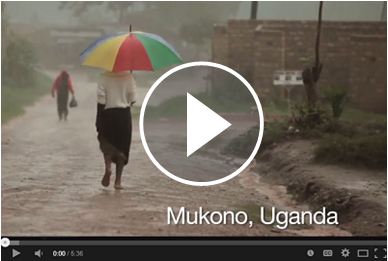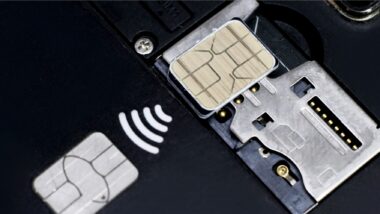Yesterday the Bill and Melinda Gates Foundation published their 2015 Annual Letter with some important predictions about how technology will impact lives around the globe in the coming 15 years. It’s an exercise that began with the Gates’ predictions at the turn of the millennium in 2000 with predictions for the decade and a half to follow. Now in 2015, it’s time to reflect on that hypothesis and take a fresh look ahead.
According to the Gates Foundation the premise of this year’s big bet is this, “The lives of people in poor countries will improve faster in the next 15 years than at any other time in history. And their lives will improve more than anyone else’s.”
Among the usual stories filling today’s news about the global wealth gap, this kind of prediction is music to our ears because improving the lives of the unbanked populations in emerging markets has long been a priority for the mobile money team at Gemalto. My colleague, Naomi Lurie, recently wrote a great blog that details how mobile banking helps the unbanked.
While in the United States we often take for granted how common and effortless it is to store money in bank accounts that are easily accessed online, and we can transfer money at the push of a button, it isn’t as easy for much of the developing world.
Digital banking tools are vital to developing economies and sometimes impact the personal safety of people living without a bank account. Imagine having to carry your wages in your pocket as you travel home from work in an unsafe or under-policed region. In these situations the ability to deposit wages directly into a digital account takes on critical importance. Mobile phones have revolutionized banking by making peer-to-peer payments and digital banking available in areas that don’t have physical bank branches.
A few years ago Gemalto’s CEO, Olivier Piou, told the Big Stage from NYSE, “We too are seeing how, in developing countries, mobile money is changing the lives of “unbanked” people: Payments are so safe and simple that today 36 percent of Ugandans use their smartphone as a wallet.”
The Gates Foundation identified 4 areas of impact that will account for the largest breakthroughs in the developing world over the next 15 years: health, farming, banking, and education. According to Gates Notes, “Mobile banking will help the poor transform their lives,” adding that “it’s not just that they don’t have enough assets. They also don’t have access to a bank to help them use their assets effectively. If their savings are in the form of jewelry or livestock, for example, they can’t very well chip off tiny pieces to cover routine daily expenses.”
Gates Notes emphasizes the role of mobile phones in the banking revolution: “By 2030, 2 billion people who don’t have a bank account today will be storing money and making payment with their phones. And by then, mobile money providers will be offering the full range of financial services, from interest-bearing savings accounts to credit to insurance.”
There is still much work to be done in building out the telecommunications and banking infrastructure needed for mobile banking, and we are proud to be a part of it. You can read more about our mobile money programs in Bangladesh and Kenya, and more about the Gates Foundation’s Big Bet here.



